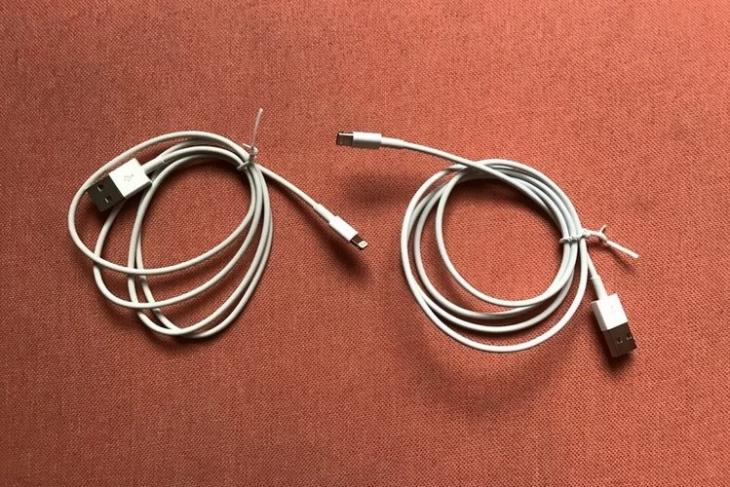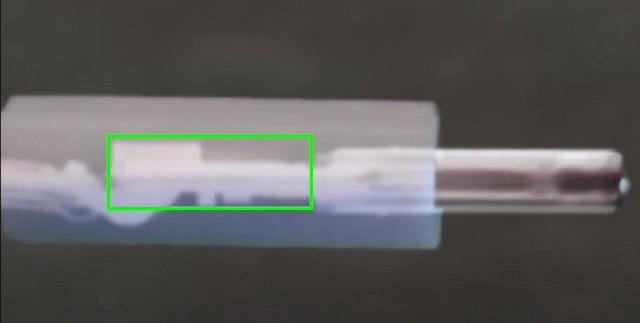This Lightning Cable Can Steal Your Passwords - hulseyaginsons


Although Apple focuses a lot along the surety of iPhones, thither are a a couple of industry-gradation tools that can be accustomed crack an iOS device and acquire password-protected information of users. Withal, a security researcher has developed a malicious lightning cable that you bum use to record anything you character on your iPhone and send it to a hacker remotely.
OMG! USB Cables Can Now Steal Your Passwords
Yes, you record that right! Dubbed OMG Cables, the received-looking lightning cable is developed by a security researcher who goes by the gens of MG. The researcher essentially fitted a tiny, tailor-made chip inside a lightning cable to create the OMG cable. MG says that the poisonous plant is about half the length of a plastic shell.

The investigator recently divided up some interesting tidbits about his product with Frailty. MG antecedently showcased earlier versions of OMG cables for Motherboard at the DEFCON hacking group discussion. However, in the in vogue written report, MG showed a newer translation of the cable television service that comes in different variations, including a Lightning to USB-C model, and improved wireless capabilities.
"There were people who aforesaid that Type C cables were safe from this type of implant because at that place isn't sufficiency blank space. So, clearly, I had to prove that wrong," MG told Vice in a statement.
How Does This Cable television service Work?
Now, coming to the functioning of OMG Cables, they essentially make up a Wi-Fi hot spot to which a hacker can connect their device. Following a eminent connection, the hacker can use a simple entanglement user interface to grow the keystrokes of a user who uses one of these cables to charge their device.
So, once a user connects an iPhone to an OMG Cable to charge information technology up, the cable will start sending the keyboard data to the hacker wirelessly. While the user will remain unwitting and might typecast their banking details comparable passwords, credit operating theater debit card CVVs, or any other sensitive information on their device while their device is charging, the hacker volition be healthy to acquire the data on their connected device.
Furthermore, the newer OMG Cables attach to geofencing features. This lets a exploiter or a hacker block the shipment of the device based on its physical location. This prevents the data from leaking or falling into the inappropriate hands. "IT pairs well with the self-destroy feature if an OMG Cable leaves the scope of your appointment and you do not want your payloads leaking operating theatre organism accidentally run against random computers," Atomic number 12 further added.
Now, if you think up that the OMG Cables are dangerous, knowing that MG is mass-producing these beady-eyed cables is much scarier. Although Apple recommends using MFi-registered accessories for iPhones and other Apple devices, there is a queen-size market for non-certified, fractional-party accessories. So, equally you can imagine, this power touch several users World Health Organization prefer uncertified accessories for their iPhones.
Hence, if you use non-MFi products to charge your iPhone or transfer information, you power deprivation to avoid these USB cables. You can check for the MFi mark along the boxes of accessories before buying them to protect your data and keep your device safe.
Featured Image Courtesy: Vice
Source: https://beebom.com/lightning-cables-steal-passwords/
Posted by: hulseyaginsons.blogspot.com


0 Response to "This Lightning Cable Can Steal Your Passwords - hulseyaginsons"
Post a Comment